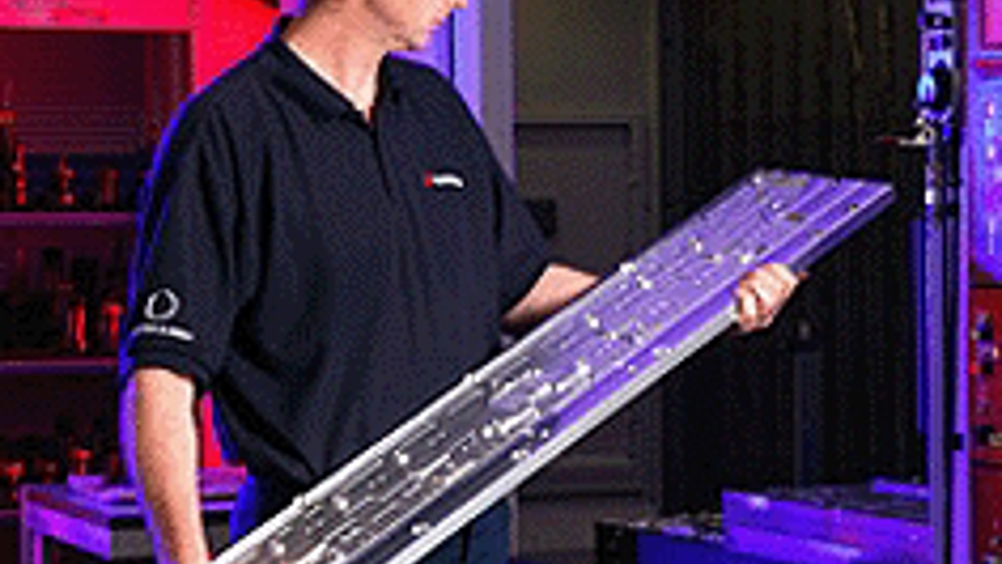Liquids take heat off power systems
The European Commission has invested £5.5m in UK-led research on nanoparticle-containing liquids that could improve the cooling capabilities of power systems without adding new components to existing system designs.

The NanoHex project will develop and commercialise nanothermal fluids, which are liquids that contain nanoparticles. The specific nanoparticulate materials make the fluids extremely efficient for heat transfer applications. The NanoHex consortium consists of academics and industry figures, including Siemens and Birmingham University.
The technology is expected to find applications in trains, electric vehicles and renewable power. Project coordinator David Mullen, from anoHex’s lead partner, Northumberland-based Thermacore Europe, said the main challenge will be to demonstrate the ability to scale up the production of nanofluids, which have currently only been developed for small lab experiments.
’Instead of only producing a few litres, we will be able to produce hundreds,’ he added.
Yet Mullen said it will be key to demonstrate there will be industry demand for these fluids. The NanoHex team will initially target the use of nanofluid coolants for data centres and high-performance electronics.
’We are targeting IGBT cooling, which is used in electric trains for example,’ he added. ’These are electrical switches that generate a lot of heat. We’re hoping to be able to replace traditionalcoolant with nanofluid coolant and enhance its performance.’
Register now to continue reading
Thanks for visiting The Engineer. You’ve now reached your monthly limit of news stories. Register for free to unlock unlimited access to all of our news coverage, as well as premium content including opinion, in-depth features and special reports.
Benefits of registering
-
In-depth insights and coverage of key emerging trends
-
Unrestricted access to special reports throughout the year
-
Daily technology news delivered straight to your inbox










Water Sector Talent Exodus Could Cripple The Sector
Well let´s do a little experiment. My last (10.4.25) half-yearly water/waste water bill from Severn Trent was £98.29. How much does not-for-profit Dŵr...